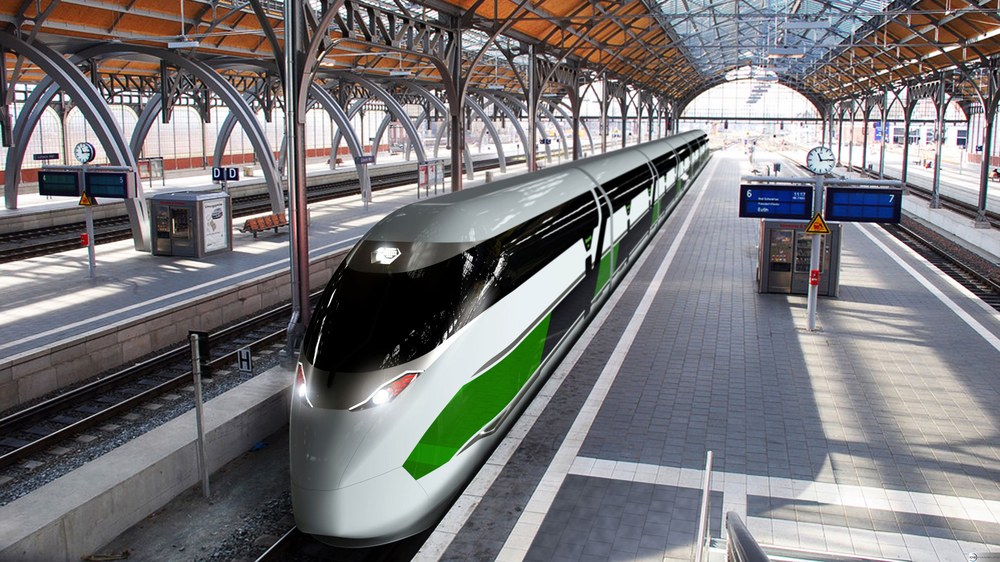InTra
The framework for this upheaval is now quite clearly defined: based on climate targets at European and federal level, there is a socio-political will for a transport transition that should shift the modal split significantly in favour of rail transport. Rail infrastructure managers have recognised for years that digitalisation and automation are an economic necessity and can optimise the procurement, use and maintenance of infrastructure. New technologies for controlling and securing rail operations are being specified at European level and standardised system architectures are being designed. The introduction of the Deutschlandtakt is a done deal.
However, it is not yet clear at many points how this upheaval is to be managed - after all, it harbours huge challenges: Which new/flexible operating concepts made possible by digitalisation should the infrastructure support? How can a transformation in the area "under rolling wheels" succeed? What does modern infrastructure planning look like? How can the large amount of data generated be used to optimise maintenance strategies? How can the high level of safety be maintained in the face of increasingly complex software in the infrastructure components and how can authorisation procedures be made more efficient at the same time? In addition to enabling mobility, how can infrastructures help to realise other requirements such as resource-saving, reliable and convenient operation? Without convincing answers to these questions, there is a risk that the costs and time horizon for this transformation will increase unacceptably and that the railway will fall far behind other mobility services. To make matters worse, the conservative rail infrastructure sector is working with outdated principles and processes in many areas and is only slowly building up digital expertise.
InTra therefore aims to adapt the operational use of railway lines to new forms of utilisation and create planning tools that enable the smooth implementation of innovative concepts during operation. We expect research into the optimisation of rail operations to make a decisive contribution to the successful introduction of innovative rail concepts such as the NGT TAXI. From a systemic perspective, in addition to the existence of the vehicle, a sustainably functioning and popular operating concept is also required in order to successfully introduce the NGT TAXI to the market. This also includes adapting the track infrastructure for efficient, flexible and sustainable utilisation of the rail system.
Integrated maintenance and repair management is also one of the applications made possible by digitalisation that are to be researched in the InTra project. With the help of innovative evaluation functions, a tool is to be created that makes the effects of new technologies on railway stakeholders measurable and thus makes an important contribution to ensuring successful transformation processes. InTra aims to offer transformation paths that can lead to an actual modal shift to rail.
High automation, autonomous technologies and digitalisation will require a disruptive change in the entire development, operation and approval process of railway systems. Systems with these technologies can be assigned to a new system class whose behaviour can no longer be fully described due to their independent interaction with neighbouring systems and their environment. In future, these systems will therefore be continuously developed in an iterative process in which the development, approval and operating phases of the systems are (or must be) fully integrated and considered. Where safety-critical systems are concerned, such as in control and safety technology, safety functions must be isolated and the interaction with their environment must be controlled; this has always required robust verification methods that are as exhaustive as possible, but which must now be applicable to significantly more complex (software) systems and which require a high degree of automation. With scenario-based validation, formal methods, test automation, reliable simulations, risk analyses and standardisation, InTra considers the various ingredients necessary to meet the challenges of verification and approval of modern railway systems with methodical and technical solutions.

